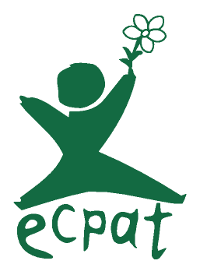TRAINING IN COLLABORATION WITH DEFENCE OF CHILDREN INTERNATIONAL BELGIUM
SEXUAL EXPLOITATION OF CHILDREN
The sexual exploitation of children is a reality that is still unknown, both to public and to professionals. Yet it affects many children around the world, including Belgium. What are the different ways of the sexual exploitation of children? What are the consequences? What are the profiles of perpetrators and victims? What are the impacts of new technologies and the recent “migration crisis”? What does the law say and what are the existing tools to protect children?
Trainings are given to professionals from the youth sector, education, justice, law enforcement and victim services. Aiming to:
- Raise awareness of the sexual exploitation of children
- Better understand the realities of the sexual exploitation of children around the world
- To have a better overview of the existing legislative framework, but also on the strategies and tools in fighting against the sexual exploitation.
More information on the Youth & Law website
CHILD TRAFFICKING
This training is intended for youth care professionals, MENA tutors, youth magistrates, lawyers, youth prosecutors, police, criminologists, and victim services. It aims to:
-
- Raise awareness of child trafficking and how it is possible to detect/report it
- Understand what trafficking in human beings and children refers to
- Have an overview of the existing legislative framework and on the protection mechanisms
- Be able to better identify potential victims and support them
More info on the Youth & Law website
TRAINING FOR UNACCOMPANIED FOREIGN MINORS AND VICTIMS OF TRAFFICKING
ECPAT Belgium also provides trainings to audiences who are particularly vulnerable to the risks of sexual exploitation (whether first or re-exploitation).
Places where these minors are welcomed are often visited by ECPAT Belgium to train them on the right attitudes to have, to protect themselves and to react in case of risks, particularly on the Internet and through social networks.
These trainings are highly interactive and allow young people to learn by themselves, while having an approach adapted to their problems.



